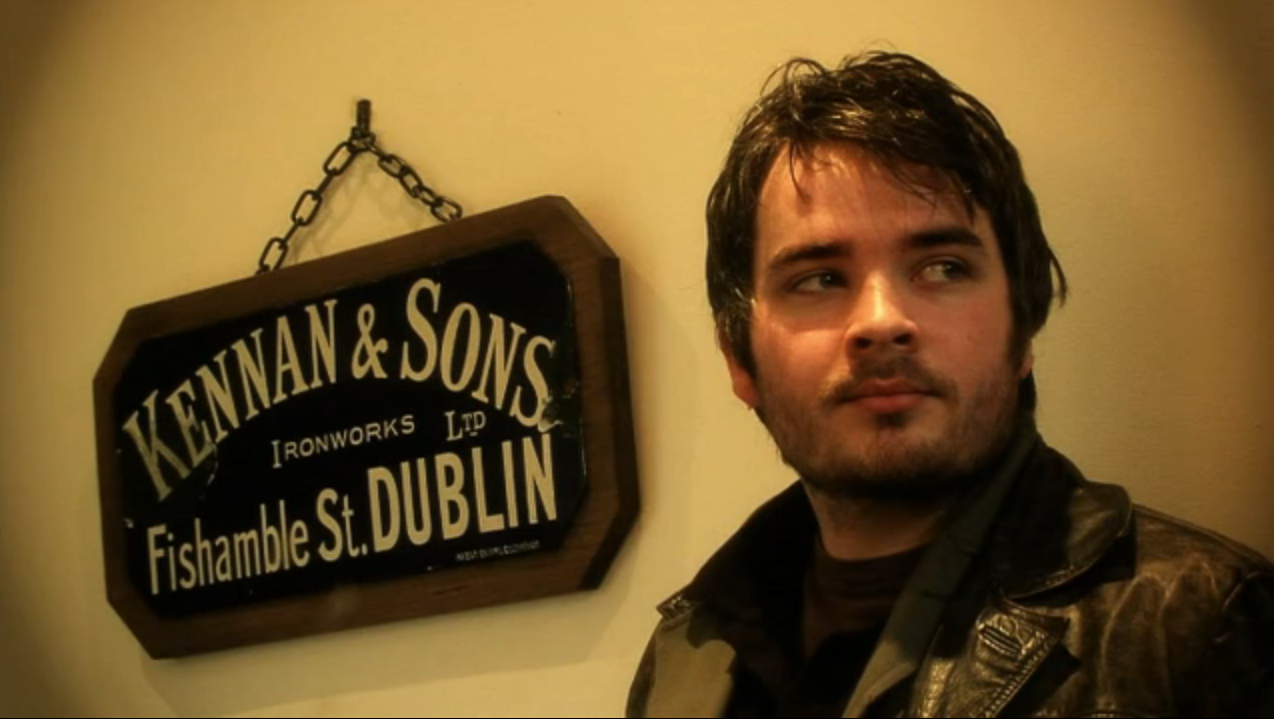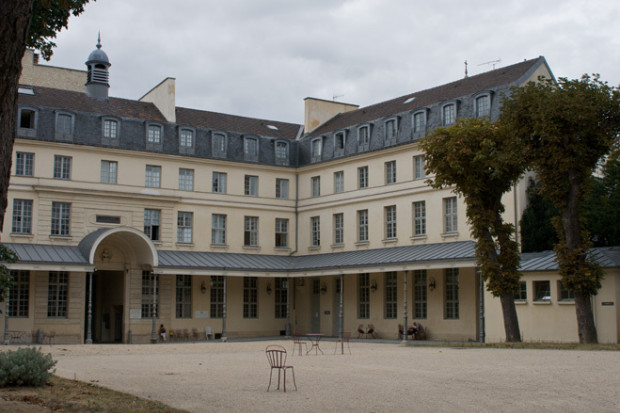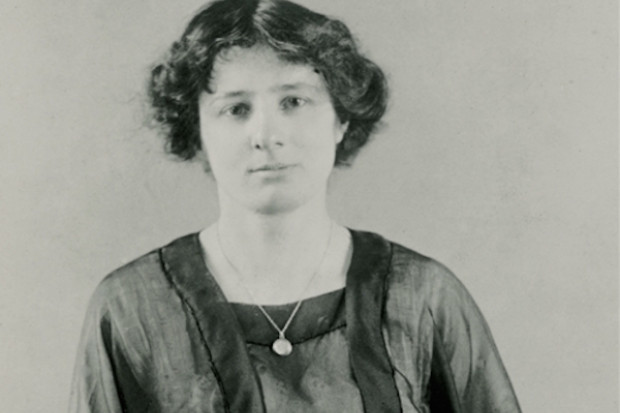
Christopher Norby at the Contemporary Music Centre, Dublin.
Moving Between Worlds: Christopher Norby on String Quartets and Video Games
The RTÉ Vanbrugh Quartet is touring Ireland this autumn, with concerts in Ballina (16 October), Cork (17 October), Dublin (18 October) and Waterford (14 November). In addition to works by Beethoven, Janacek and Dennehy, the quartet has commissioned a new work by Christopher Norby, a composer from Derry now living in Arizona. Norby told The Journal of Music how he approached writing the work and about moving between concert music composition and writing for film and video games.
How do you approach such a well-travelled form as the string quartet?
The same way I approach any live ensemble. I have a combination of instruments which are capable of various colours and timbres and I work to achieve sounds with which I am happy. An awareness of the repertoire — past and present — definitely helps me to make decisions and each new piece or project is a step towards finding a truly satisfying personal artistic practice.
For this particular piece, how did the ideas take shape?
It doesn’t have a specific meaning. When I came to write this piece, I had just finished a lot of video game and theatre work in a short space of time. These all required a collaborative and fast paced approach to composition. Therefore, with the string quartet, I enjoyed taking time to work with very simple musical ideas. This is really where I am at with concert music with the moment – I don’t need it to mean anything the way I used to think it had to.
Your PhD was titled ‘maintaining pleasure in composition’. Did you find this study useful to your work as a composer?
I found this study extremely useful and insightful. In my early attempts get played as a composer in Ireland I experienced certain problems that led to me losing interest and joy in composition. I found that my artistic interests and values were not particularily compatable with many of my peers and recognised composers. In seeking answers for this, I drew heavily on the sociology of Pierre Bourdieu. Adopting a sociological perspective has become increasingly accepted as a means of countering the dominance of a charismatic ideology that can be found in the arts. Bourdieu’s sociology led me to investigate how historical, social and geographical issues have had an effect on all who occupy positions within the restricted field, including practitioners, academics, critics, funders and all who have acquired an appetite for certain types of composition. Through questioning and understanding the reasons for my own biases, beliefs, hopes and aspirations – things which often lie beyond the limits of purely musical analysis – I was able to develop a more confident and philosophically aware practice while better placing myself within the wider field of contemporary composition. As such, I was able to maintain pleasure in composition.
You’ve written for video games and theatre as well as concert music. Do you approach each of these differently?
For me, the main difference is that of purpose. In a concert situation the music is alone and I approach this as a place to really practise the craft of composition and develop my skill — I want to make something with which I am technically and aesthetically happy. With theatre or video games, or as with any collaborative project, music is part of the mise en scene, so to speak. I believe music can take on a deeper and more meaningful role in collaborative situations. If I can find something which I really believe in then it’s very rewarding and exciting to use my skills to complete the picture. When I worked with Theatre An Nua in Derry I had perhaps my most artistically and philosophically enriching time. I was encouraged to get involved with anything where I felt I had skill. I have some skill in drawing and visual art and so got to do some design. I had input on lighting and script editing. I even acted for a second. We respected and learned from each other’s skills. It was very collaborative. It was a blast. I am happiest artistically within good collaborative situations.












